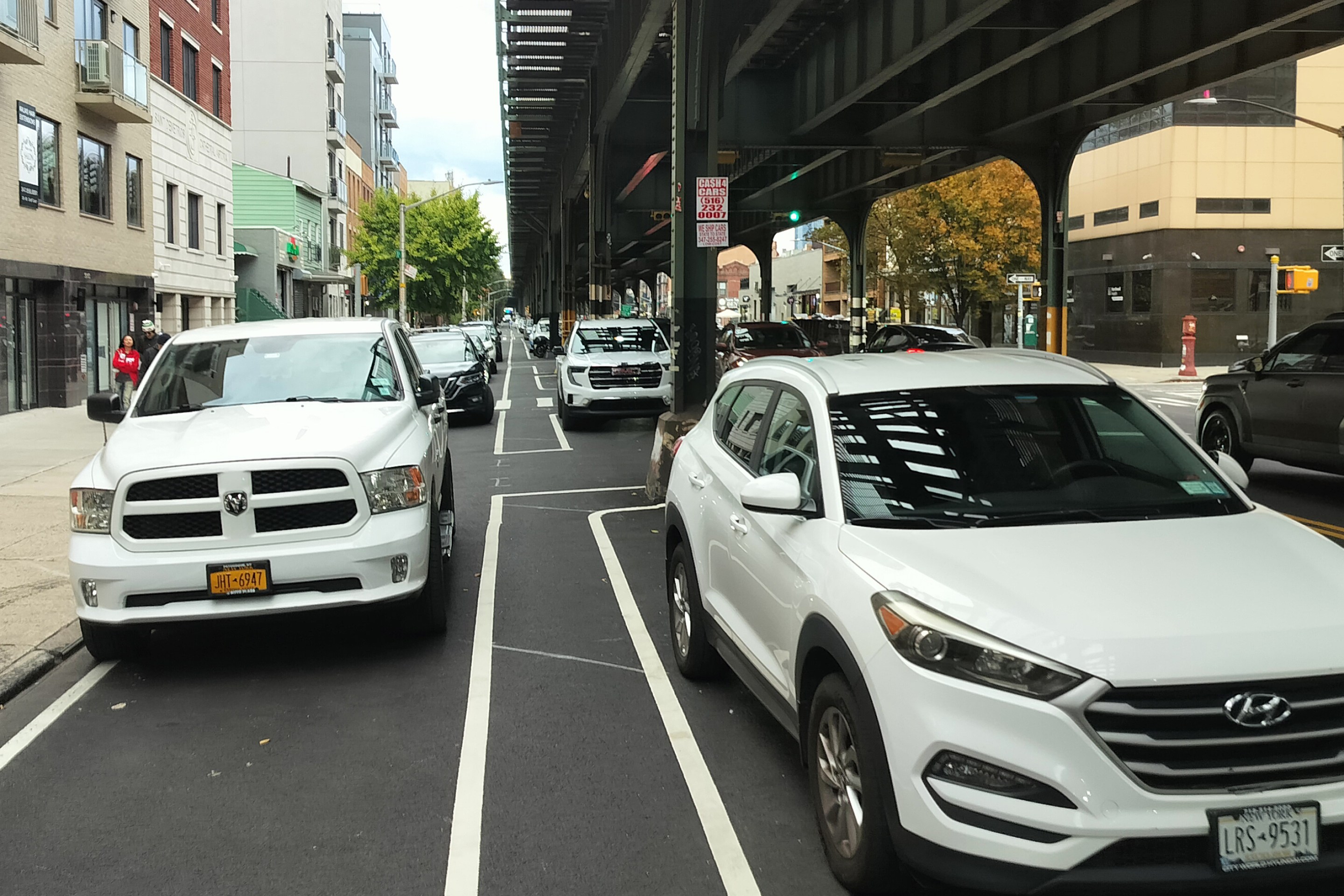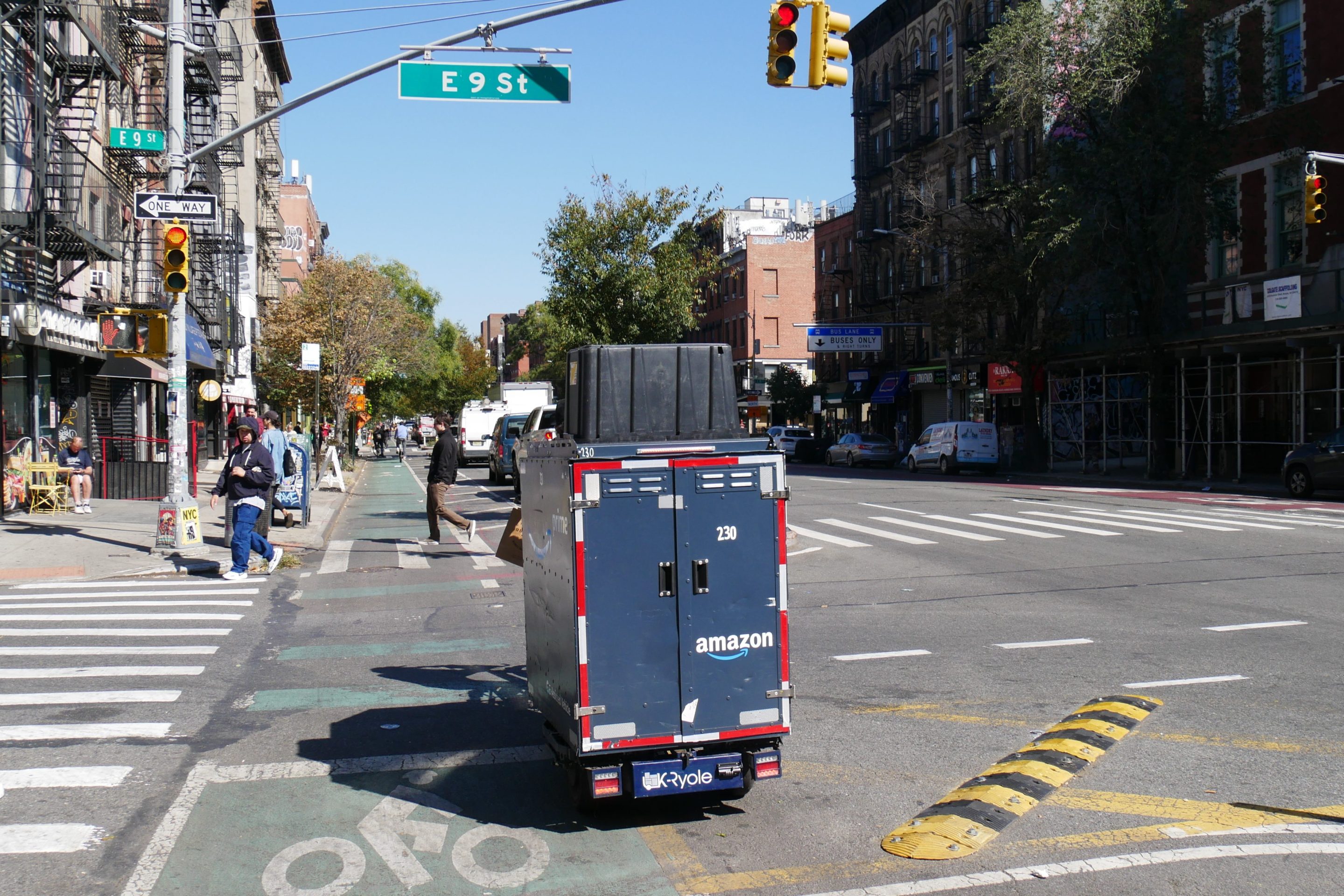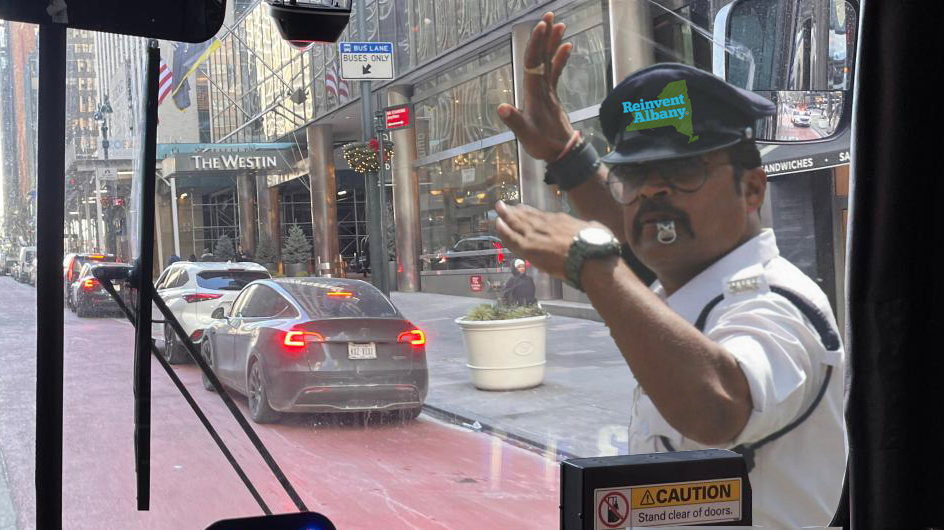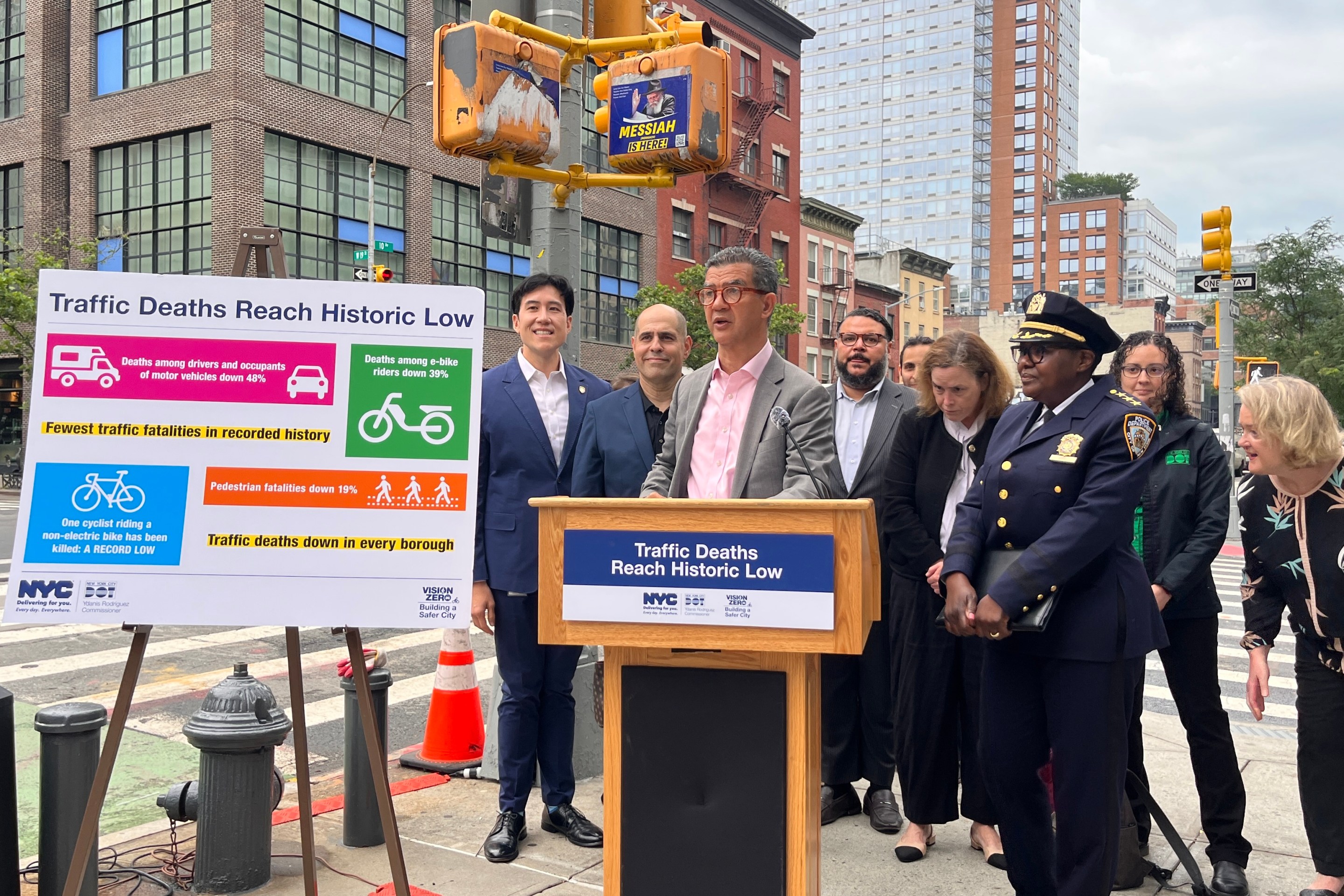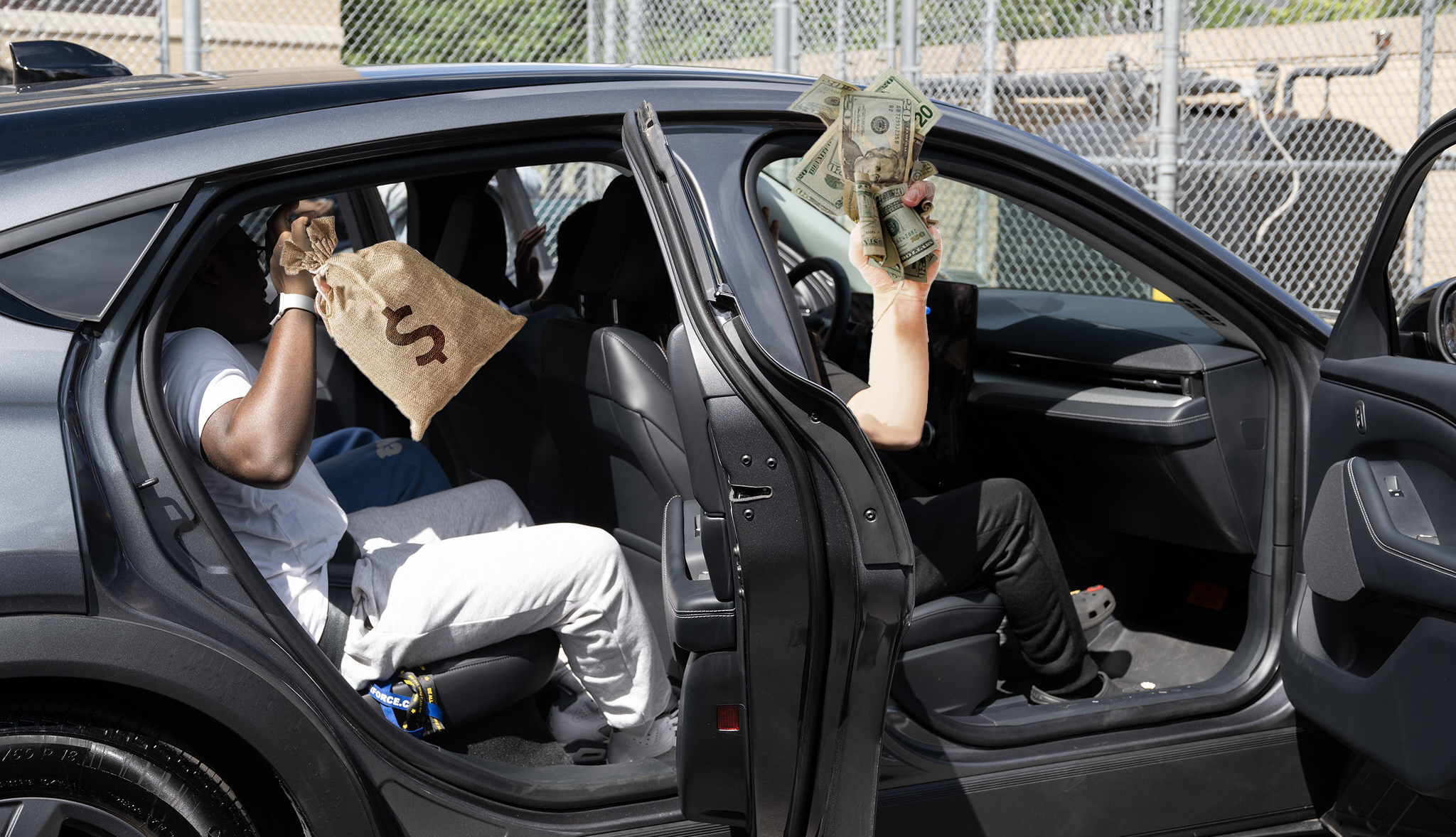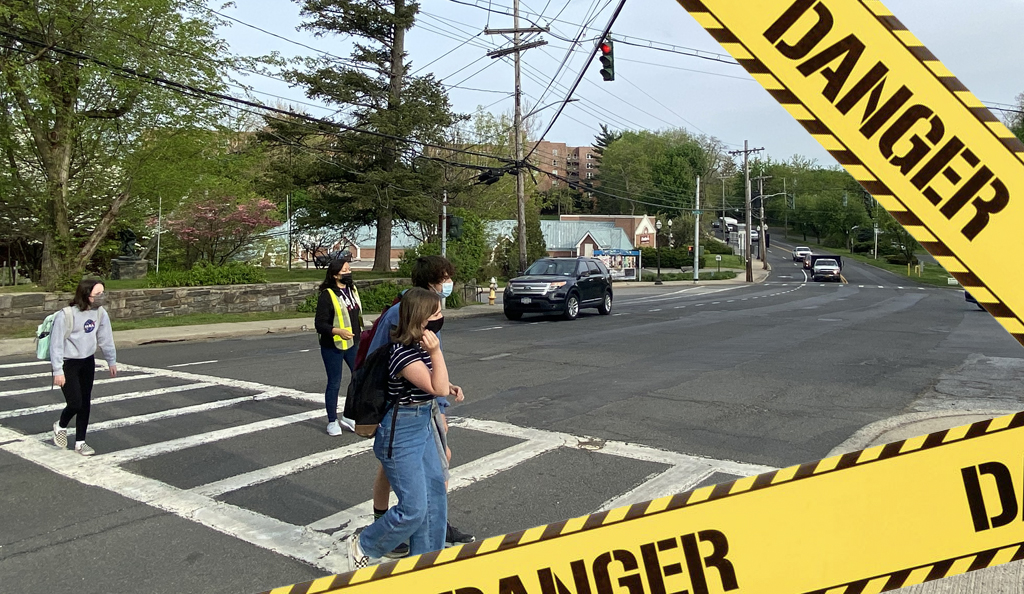Michelle Alcaraz can’t use the closest subway station to her apartment because it doesn’t have an elevator. So whenever she wants to exercise her basic freedom of movement, she needs to point her wheelchair to a station nearly a half-mile out of her way.
She’s one of tens of thousands of New Yorkers left out in the cold by Gov. Hochul’s congestion pricing pause — which has already canceled the MTA’s plans to install an elevator at the Delancey St–Essex St station that Alcaraz can't access.
"It’s been 10 years using a wheel chair," said Alcaraz, who lost her leg to an infection. "If transportation was more accessible, it would make my life a bit easier.”
Delancey-Essex is one of 23 subway stations that will not receive elevators thanks to Gov. Hochul's pause on congestion pricing — the central business district tolling plan that would not only have improved mobility on the roads, but also improved it on the subway, thanks to $16 billion in scheduled repairs.
Just 29 percent of subway stations have elevators, according to a 2023 report from the public advocate. So for the city's three million people with disabilities, Hochul's decision is a nightmare.
Just ask Ray Ray, who lives close to the Hoyt-Schermerhorn station in Downtown Brooklyn. He lost one of his legs to diabetes, and has stopped using the subway regularly because of the lack of ramps and elevators in his local station.
The next time your train is late, your bus is trapped in traffic, or your subway station is still missing an elevator, you know who to blame: Governor Kathy Hochul. https://t.co/JKdRuDF4K8 pic.twitter.com/RbfxeNHxsh
— Transportation Alternatives (@TransAlt) June 5, 2024
“I can’t walk and it’s hard to commute" without an elevator, said Ray Ray, who declined to provide his full name. "When I do have to go to Manhattan for a doctor's appointment, I go to Jay St-MetroTech [three-quarters of a mile away] and get off at West Fourth Street, where there are elevators."
Disability advocates are urging the governor and legislative leaders to come up with funding for accessibility improvements — even if congestion pricing is stalled.
"We're not going to accept that some projects won't move forward at this point," said Joe Rappaport, the executive director of the Brooklyn Center for the Independence of the Disabled. “It’s up to governor and the legislature to fix the situation and come up with a funding source.”
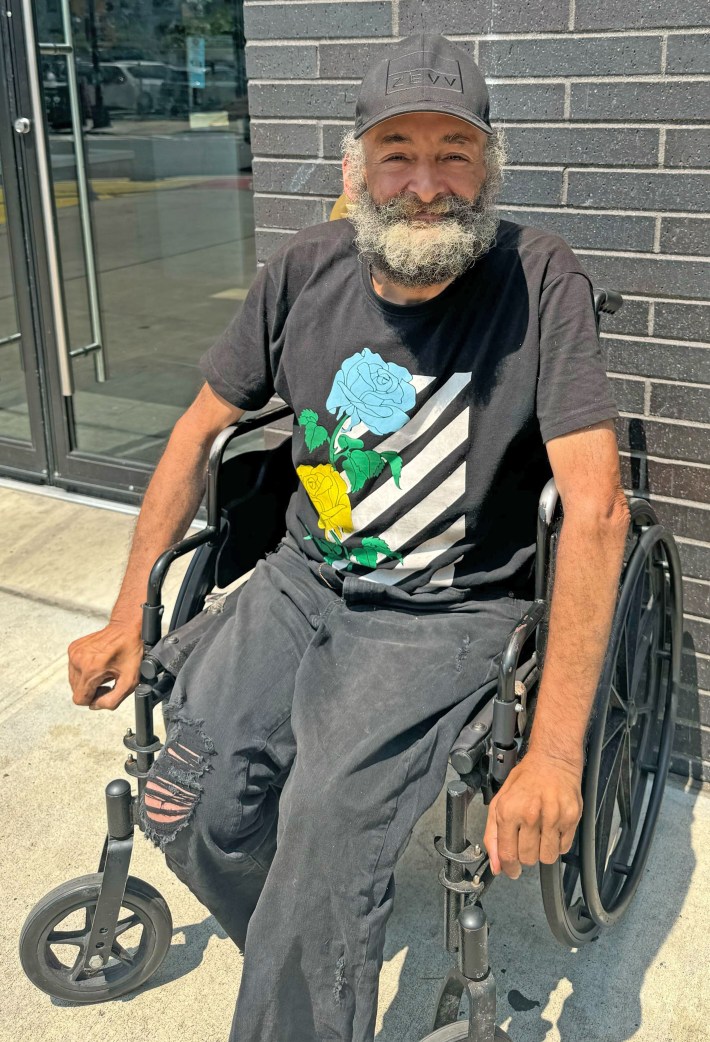
In a letter to the governor and legislative leaders, the group said the lack of accessibility treats members of the disability community as "second-class citizens" who are depending on lawmakers to get the job done.
"You have myriad choices for how to secure the necessary funds, but it is not our role to suggest, promote and win approval for them," the letter said. "That’s your job."
The legislature and governor have not yet commented on the letters.
Another resident of the Delancey Street area is out of patience.
"I have to avoid taking transportation," said Michael Phelps, who suffered multiple injuries in his lower back after being struck by a car driver. "When I do want to see my family in the Bronx, I take the M14 bus to Union Square, where I take the 4 train all the way," he said, complaining of pain from his injuries.
It's not just a matter of convenience; elevators can mean life and death at crowded subway stations. In 2019, a young mother named Malaysia Goodson was pushing her 1-year-old daughter in a stroller to the platform at the Seventh Avenue station in Midtown. She fell, struck her head and died (the daughter was not injured).
“Everybody who has been a parent or a caregiver knows that this is a problem,” Christine Serdjenian Yearwood, the founder of Up-Stand, an accessibility organization, told the Times. “I’ve had a lot of people write and say, ‘This could have been me.’”
Gov. Hochul has said that she is committed into finding the funds for all transit projects, but neither she nor the legislature has offered any specific plan on how to move forward.

